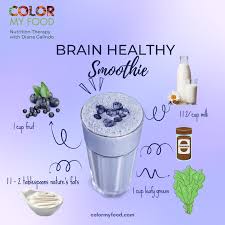I. Introduction
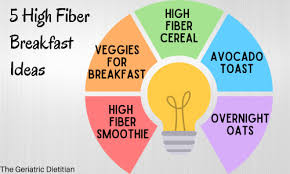
In today’s fast-paced world, maintaining cognitive function and brain health is more important than ever. As we age, our brains are exposed to various stressors, and the risk of cognitive decline can increase. Fortunately, research shows that diet plays a crucial role in brain health, influencing everything from memory to mood. This article aims to share delicious recipes that not only tantalize your taste buds but also nourish your brain.
II. Key Nutrients for Brain Health
To understand how food affects brain health, it’s essential to recognize the key nutrients that support cognitive function:
- Omega-3 Fatty Acids: These essential fats are vital for brain development and function. Omega-3s have been linked to improved memory and mood. Foods rich in omega-3s include fatty fish like salmon, walnuts, and flaxseeds.
- Antioxidants: Antioxidants combat oxidative stress, which can lead to brain aging and cognitive decline. Berries, dark chocolate, and nuts are packed with antioxidants that help protect brain cells.
- Vitamins and Minerals: B vitamins (like B6, B12, and folate) are crucial for maintaining brain health, as they support neurotransmitter function. Vitamin E is another important nutrient known for its protective effects on the brain. Foods rich in these vitamins include leafy greens, legumes, and whole grains.
- Healthy Fats: Monounsaturated and polyunsaturated fats, found in foods like olive oil, avocados, and nuts, are beneficial for heart and brain health, promoting healthy blood flow to the brain.
III. Healthy Recipes
Now that we understand the key nutrients, let’s dive into some healthy recipes that are delicious and brain-friendly
| Category | Details |
|---|---|
| Introduction | Importance of brain health and the connection between diet and cognitive function. Purpose: share recipes that promote brain health. |
| Key Nutrients | Omega-3 Fatty Acids: Essential for brain function; found in fatty fish, walnuts, flaxseeds. Antioxidants: Protect against oxidative stress; found in berries, dark chocolate, nuts. Vitamins and Minerals: B vitamins (B6, B12, folate) and Vitamin E support brain health; found in leafy greens, legumes, whole grains. Healthy Fats: Promote blood flow to the brain; found in olive oil, avocados, nuts. |
| Recipes | 1. Omega-3 Rich Salmon Salad Grilled salmon, mixed greens, walnuts, and berries with vinaigrette. 2. Berry and Spinach Smoothie Spinach, mixed berries, banana, almond milk, chia seeds. 3. Quinoa and Black Bean Bowl Quinoa, black beans, avocado, bell peppers, lime dressing. 4. Dark Chocolate and Nut Energy Bites Oats, dark chocolate chips, mixed nuts, honey. 5. Avocado Toast with Poached Egg Whole grain bread, avocado, poached egg, seasoning. 6. Turmeric and Ginger Golden Milk Almond milk, turmeric, ginger, honey, black pepper. |
| Incorporation Tips | – Meal prep ideas for easy access to healthy foods. – Snack ideas like nuts, berries, and energy bites. – Aim for a colorful and balanced diet. |
| Conclusion | Recap on the importance of nutrition for brain health; encouragement to try the recipes and prioritize brain-friendly foods. |
| Call to Action | Follow the blog for more recipes and share the article to raise awareness about nutrition for brain health. |
1. Omega-3 Rich Salmon Salad
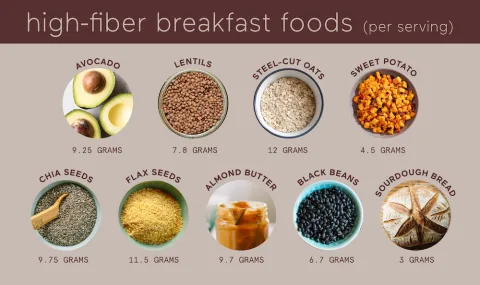
Ingredients:
- 1 grilled salmon fillet
- 4 cups mixed greens (spinach, arugula, and kale)
- ½ cup walnuts, chopped
- 1 cup mixed berries (blueberries, strawberries, raspberries)
- Vinaigrette (olive oil, lemon juice, salt, and pepper)
Instructions:
- Grill the salmon until cooked through and flake it into pieces.
- In a large bowl, combine mixed greens, walnuts, and berries.
- Top with the flaked salmon and drizzle with vinaigrette.
- Toss gently and serve.
Benefits: This salad is loaded with omega-3s from salmon and antioxidants from berries, making it a powerhouse for brain health.
2. Berry and Spinach Smoothie
Ingredients:
- 1 cup fresh spinach
- 1 cup mixed berries (frozen or fresh)
- 1 banana
- 1 cup almond milk
- 1 tablespoon chia seeds
Instructions:
- Combine all ingredients in a blender.
- Blend until smooth.
- Pour into a glass and enjoy!
Benefits: This smoothie is rich in vitamins and antioxidants, providing an instant boost of energy and nutrients to support brain function.
3. Quinoa and Black Bean Bowl
Ingredients:
- 1 cup cooked quinoa
- 1 cup black beans, rinsed and drained
- 1 avocado, diced
- 1 bell pepper, chopped
- Lime dressing (lime juice, olive oil, cumin, salt)
Instructions:
- In a bowl, combine quinoa, black beans, avocado, and bell pepper.
- Drizzle with lime dressing and toss to combine.
- Serve warm or cold.
Benefits: Quinoa is a complete protein and a great source of B vitamins, while black beans add fiber and healthy fats for sustained energy.
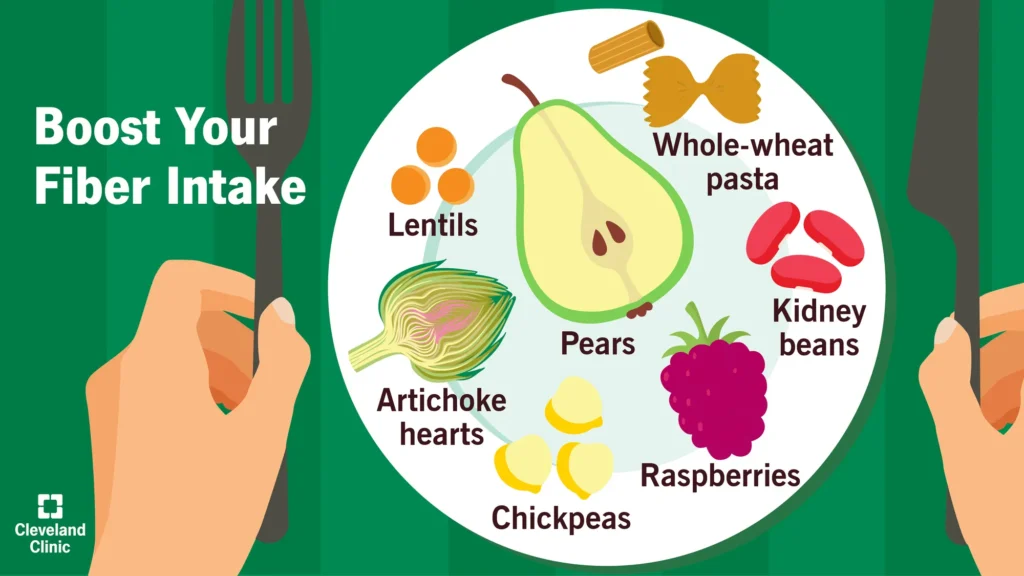
4. Dark Chocolate and Nut Energy Bites
Ingredients:
- 1 cup oats
- ½ cup dark chocolate chips
- ½ cup mixed nuts, chopped
- ¼ cup honey or maple syrup
Instructions:
- In a bowl, combine all ingredients until well mixed.
- Form into small balls and place on a baking sheet.
- Refrigerate for 30 minutes to set.
Benefits: These energy bites are a great snack option, packed with antioxidants from dark chocolate and healthy fats from nuts, perfect for brain power on the go.
5. Avocado Toast with Poached Egg
Ingredients:
- 2 slices whole grain bread
- 1 ripe avocado
- 2 eggs
- Salt, pepper, and red pepper flakes (optional)
Instructions:
- Toast the bread until golden brown.
- In a small pot, bring water to a simmer and poach the eggs.
- Mash the avocado and spread it on the toasted bread. Top with a poached egg.
- Season with salt, pepper, and red pepper flakes if desired.
Benefits: This simple meal is a great source of healthy fats and protein, providing sustained energy for cognitive function.
6. Turmeric and Ginger Golden Milk
Ingredients:
- 2 cups almond milk
- 1 teaspoon turmeric powder
- ½ teaspoon ginger powder
- 1 tablespoon honey (optional)
- A pinch of black pepper
Instructions:
- In a saucepan, combine all ingredients and heat over medium heat.
- Stir until well mixed and warm, but do not boil.
- Pour into a mug and enjoy.
Benefits: Turmeric contains curcumin, which has anti-inflammatory properties that can help protect brain health, while ginger adds additional antioxidants.
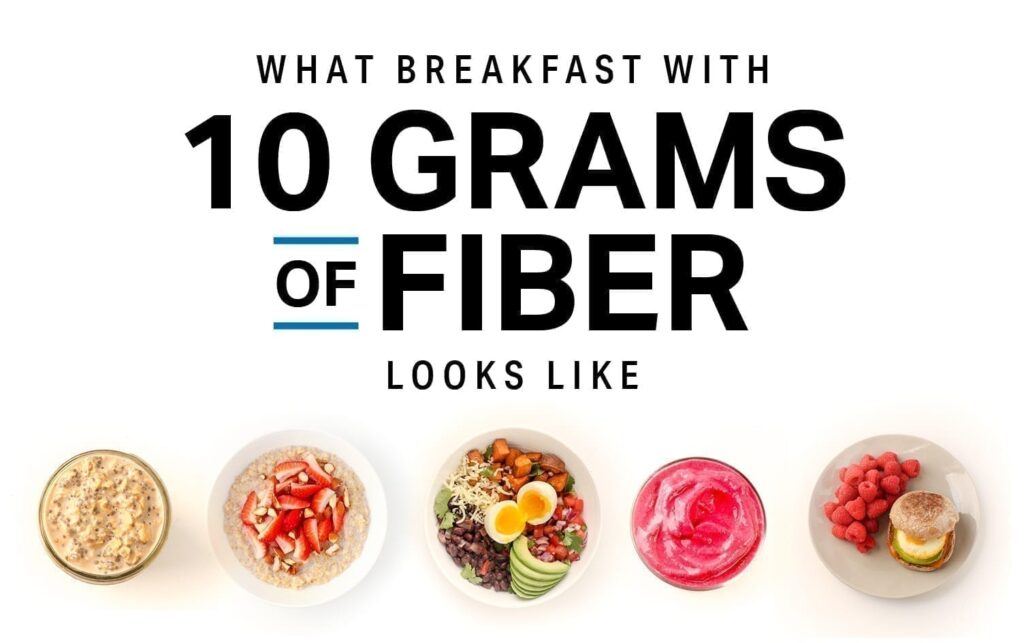
IV. Tips for Incorporating Brain-Healthy Foods
- Meal Prep Ideas: Spend a day each week preparing meals and snacks. Cook large batches of quinoa or brown rice, roast vegetables, and grill proteins to have on hand.
- Snack Ideas: Keep brain-boosting snacks available, such as nuts, berries, or dark chocolate. Consider making energy bites or smoothies for quick, nutritious snacks.
- Balanced Diet: Aim for a colorful plate filled with various fruits, vegetables, whole grains, lean proteins, and healthy fats to ensure you’re getting a wide range of nutrients.
Incorporating brain-healthy foods into your diet doesn’t have to be challenging. Here are some tips to make it easier:
V. Conclusion
Maintaining brain health is essential for overall well-being, and nutrition plays a significant role in supporting cognitive function. By incorporating brain-boosting ingredients into your meals, you can promote better memory, mood, and focus. Try the recipes shared in this article and explore other nutritious foods to support your brain health.
VI. Call to Action
If you found this article helpful, be sure to follow our blog for more healthy recipes and tips on maintaining a balanced diet. Share this post on social media to help raise awareness about the importance of nutrition for brain health!
Tips for Promoting Brain Health through Diet
- Incorporate Omega-3 Fatty Acids:
- Include fatty fish like salmon, sardines, or mackerel in your meals at least twice a week.
- Add walnuts and flaxseeds to salads or smoothies for a plant-based source of omega-3s.
- Boost Antioxidant Intake:
- Snack on a variety of berries, such as blueberries, strawberries, and blackberries, which are high in antioxidants.
- Include dark chocolate (70% cocoa or higher) in moderation for a sweet treat that offers antioxidant benefits.
- Focus on B Vitamins:
- Eat a balanced diet rich in leafy greens (spinach, kale), legumes (beans, lentils), and whole grains (brown rice, quinoa) to ensure adequate B vitamin intake.
- Consider a multivitamin if you’re concerned about getting enough B vitamins, especially B12 if you follow a vegetarian or vegan diet.
- Choose Healthy Fats:
- Use olive oil as your primary cooking oil and salad dressing to increase monounsaturated fats in your diet.
- Incorporate avocados into meals and snacks for their healthy fat content and creamy texture.
- Stay Hydrated:
- Drink plenty of water throughout the day to maintain optimal brain function. Dehydration can impair cognitive abilities.
- Meal Prep for Convenience:
- Dedicate time each week to meal prep by cooking large batches of brain-healthy foods like quinoa, roasted vegetables, and lean proteins.
- Store meals in individual portions to make healthy eating easy on busy days.
- Create Balanced Snacks:
- Keep healthy snacks on hand, such as mixed nuts, seeds, yogurt with berries, or hummus with vegetables, to avoid unhealthy choices.
- Prepare energy bites or smoothies for quick, nutritious snacks that provide brain-boosting nutrients.
- Experiment with Flavorful Recipes:
- Try out the healthy recipes mentioned, such as the Omega-3 Rich Salmon Salad or Berry and Spinach Smoothie, to add variety to your meals.
- Use spices like turmeric and ginger, which have anti-inflammatory properties, in your cooking for added health benefits.
- Practice Mindful Eating:
- Take the time to enjoy your meals and be mindful of what you are eating. This can improve digestion and overall enjoyment of healthy foods.
- Seek Variety:
- Aim for a colorful plate filled with different fruits, vegetables, whole grains, and proteins to ensure a wide range of nutrients.
- Experiment with new ingredients and recipes to keep meals exciting and nutritionally rich.

FAQs: Healthy Recipes for Brain Health
1. Why is brain health importan
Brain health is crucial for cognitive function, memory, mood, and overall well-being. A healthy brain can enhance your ability to learn, think critically, and adapt to new situations.
2. How does diet affect brain health?
Diet plays a significant role in brain health by providing essential nutrients that support cognitive functions, reduce oxidative stress, and lower inflammation, all of which are important for maintaining cognitive performance.
3. What are the key nutrients for brain health?
Key nutrients include:
- Omega-3 Fatty Acids: Found in fatty fish, walnuts, and flaxseeds.
- Antioxidants: Found in berries, dark chocolate, and nuts.
- B Vitamins: Found in leafy greens, legumes, and whole grains.
- Healthy Fats: Found in olive oil, avocados, and nuts.
4. Can you provide examples of brain-healthy recipes?
Sure! Here are a few:
- Omega-3 Rich Salmon Salad
- Berry and Spinach Smoothie
- Quinoa and Black Bean Bowl
- Dark Chocolate and Nut Energy Bites
- Avocado Toast with Poached Egg
- Turmeric and Ginger Golden Milk
5. How often should I eat foods rich in omega-3 fatty acids?
It is recommended to include omega-3-rich foods, like fatty fish, in your diet at least twice a week to support brain health.
6. What are some easy tips for incorporating brain-healthy foods into my diet?
- Meal prep healthy dishes in advance.
- Keep brain-boosting snacks, like mixed nuts and berries, on hand.
- Experiment with new recipes to keep meals exciting.
- Aim for a variety of colorful fruits and vegetables in your meals.
7. Is dark chocolate really good for the brain?
Yes! Dark chocolate contains antioxidants and can improve blood flow to the brain, but it should be consumed in moderation, ideally with a cocoa content of 70% or higher.
8. How can I stay hydrated for better brain function?
Drink plenty of water throughout the day. Aim for at least 8 glasses (about 2 liters), and adjust based on your activity level and climate.
9. Are there any foods to avoid for better brain health?
Try to limit processed foods, excessive sugar, and unhealthy fats (like trans fats) as they can negatively affect cognitive function and overall health.
10. Can I take supplements for brain health?
While a balanced diet is the best source of nutrients, certain supplements (like omega-3s, B vitamins, and antioxidants) may be beneficial if you’re not getting enough from food. Consult a healthcare provider before starting any supplements.
